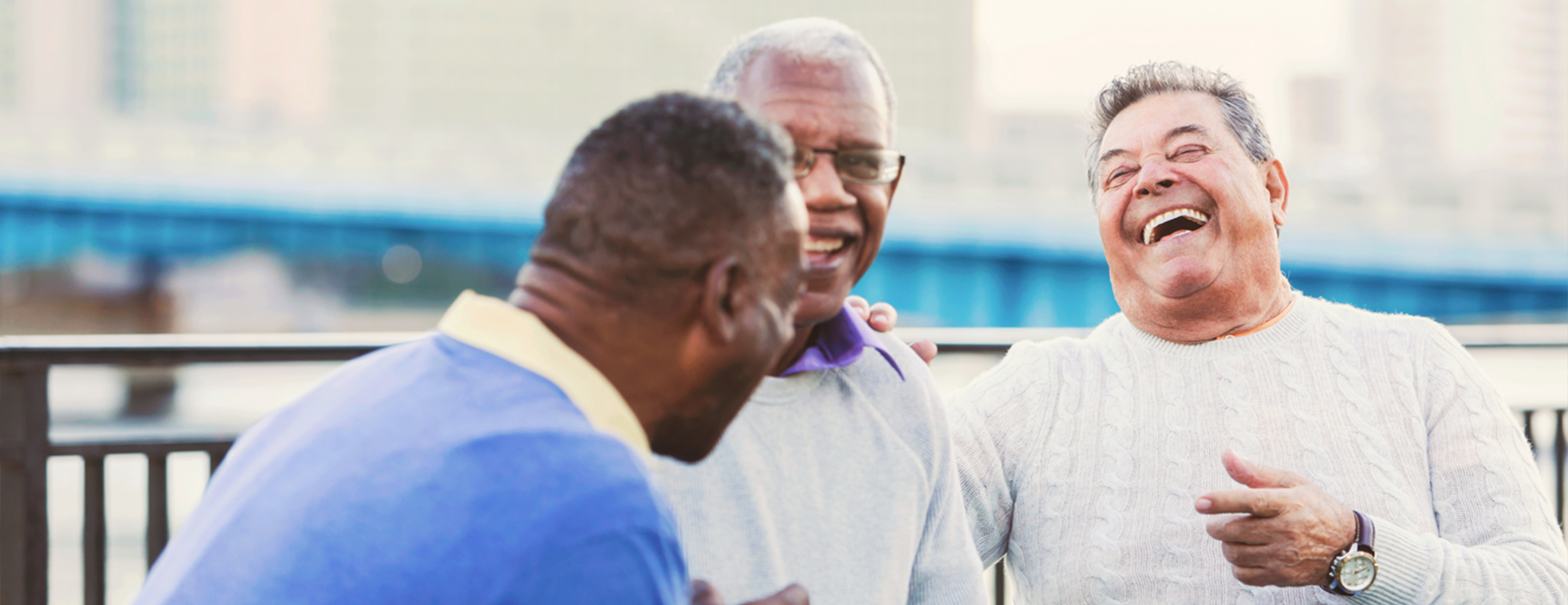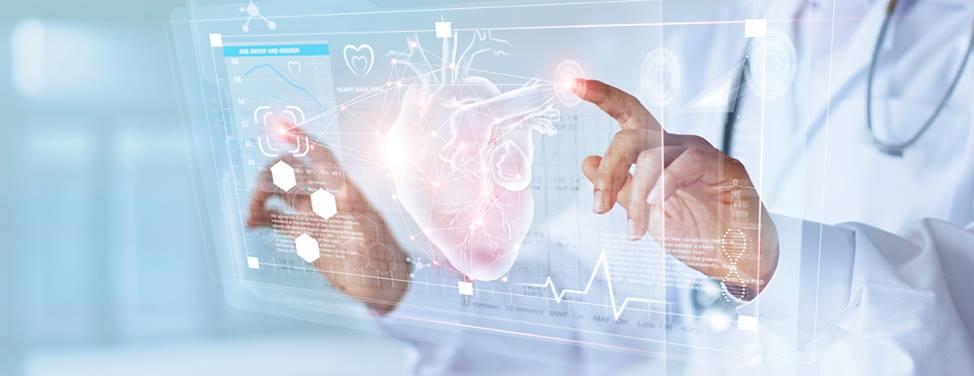
FAQ: Heart Transplant
- How do I know if I need a transplant?
- How will a transplant change my life?
- Is the evaluation very difficult?
- How long is the waiting list?
- What happens when an organ is available?
- Is the surgery very complicated?
- How long will I be hospitalized after the transplant?
- Do I have to stay near the hospital after the transplant?
- Will I have pain after the surgery?
- Can my family stay with me?
- What will my scars look like?
- What medications will I take after the transplant surgery?
- When can I drive?
- When can I return to work?
- How long does it take to fully recover?
- Will my insurance pay for the transplant and follow-up care?
- Is there a support group for patients going through transplant?
How do I know if I need a transplant?
Some patients with severe heart disease may benefit from transplantation. Your cardiologist or pulmonary medicine specialist may refer you to a transplant center for an evaluation. The purpose of the evaluation is two-fold:
- To determine the severity of your disease and whether there are any more conventional treatments
- To determine whether you would be able to survive the transplant operation and have a good long-term result afterwards
How will a transplant change my life?
A successful transplant will dramatically improve your symptoms of heart disease. Many transplant recipients can perform the same physical activities and enjoy the same quality of life as those without transplants. All transplant recipients, however, are committed to daily drug treatment and close medical supervision for the rest of their lives.
Is the evaluation very difficult?
The transplant evaluation is very thorough. In addition to specific heart assessment, tests are performed to determine the function of all the major organ systems, screen for infectious diseases and cancer, and try and predict how well you and your family will cope with the rigors of the transplant regimen. Many of the tests, even the complex ones, are fairly standardized and can be performed in your local community. Some tests may require you to be briefly admitted to a hospital.
Every potential candidate must make at least one outpatient visit to UCSF Medical Center to meet with the transplant doctors, coordinators and social worker. Typically, most of the evaluation can be completed within a week or two.
The transplant team meets weekly to discuss patient evaluations and make decisions on appropriate treatment. Patients who are felt to be good candidates for transplantation are then put on a national waiting list.
How long is the waiting list?
Unfortunately, the waiting times for heart transplants are long – often more than six months. Each patient on our waiting list returns for an outpatient visit to our transplant clinic every two to three months, or more frequently if necessary.
While many patients can wait at home, sometimes it is necessary for patients to be admitted to the hospital in order to remain in satisfactory condition until transplantation.
What happens when an organ is available?
When the transplant team decides that a potential donor is suitable for one of our recipients, we contact the patient as soon as possible. Since it is not possible to predict when a suitable organ will become available and there is a limited amount of time to recover the organs successfully, it is very important that we be able to locate recipients quickly and get them into the hospital in a timely fashion.
Is the surgery very complicated?
This depends on each patient's specific situation. During the evaluation interview, the transplant surgeon will review the details of the surgical procedure, the risks of the procedure and the expected recovery after surgery.
How long will I be hospitalized after the transplant?
This depends on your specific situation. Although patients can recover sufficiently after heart transplantation to be discharged within 10 days, it is more typical for patients to be hospitalized for two weeks or more.
Do I have to stay near the hospital after the transplant?
We require all patients to be within 30 minutes driving distance of the transplant center for the first six weeks post discharge. The frequency of follow-up visits and lab tests during this interval can be a problem for patients who live far away. The social worker can help you locate suitable guest housing in the area.Will I have pain after the surgery?
Generally, most patients do not report a lot of pain after heart transplant surgery. The incision does cause pain or discomfort when you cough. We will give you pain medication and specific instructions to lessen the pain.
Can my family stay with me?
Your family can accompany you until you go into the transplant surgery. While you are in the intensive care unit, family members may not stay in your room. If you need assistance finding guest housing, a social worker will help you.
We have very open visiting hours and encourage family members to spend time with you. However, in order to protect you from infection, anyone who is ill – with a cold or flu, for example – should not visit.
What will my scars look like?
The scar is down the center of the chest. It starts at the noch, or top of the sternal bone, just under your neck, and ends just past the end of the sternal bone. Initially the scar is more prominent. Over time, it will fade to a very light, thin line.
What medications will I take after the transplant surgery?
You will be on three main immunosuppressive, or anti-rejection, medications after your heart transplant. Along with the immunosuppressive medications you will need to take several medications that help protect your body from infection.
When can I drive?
After heart transplantation, you can drive when your sternum, or breastbone, is fully healed. This takes about six weeks.
When can I return to work?
You may return to work two to three months after the transplant surgery.
How long does it take to fully recover?
It generally takes three to six months to fully recover from heart transplant surgery. However, age and previous medical problems may cause a longer recovery period.
Will my insurance pay for the transplant and follow-up care?
We have a financial counselor who will verify your insurance coverage. We will obtain authorization for your transplant and follow-up care.
Is there a support group for patients going through transplant?
We have support groups for patients on the waiting list as well as for after the transplant. You will be notified of the support group meetings and the topic each month.
UCSF Health medical specialists have reviewed this information. It is for educational purposes only and is not intended to replace the advice of your doctor or other health care provider. We encourage you to discuss any questions or concerns you may have with your provider.







